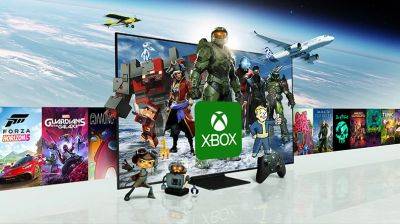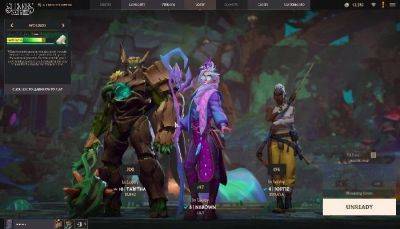'Correctness comes first. Performance improves next.' Fedora Asahi Remix project brings Windows PC gaming to Apple silicon Macs
Compared to PCs, gaming on Apple Macs is somewhat of an understated affair, mostly due to the much smaller catalogue of Mac-compatible games. However, one software is aiming to make that a thing of the past by combining a multitude of emulators and application translators into a single operating system called Fedora Ashahi Remix. It's Linux, Jim, but not quite as you know it.
We first learned of the project via Ars Technica but one of the developers involved, Alyssa Rosenzweig, has been frequently reporting on the work on her blog. The latest entry details how Fedora Ashahi Remix (FAR) lets you fire up Windows-based games, such as Control, Fallout 4, Cyberpunk 2077, and Witcher 3, on any Apple Mac using the M1 chip.
All one has to do is install the Linux distro, enter dnf upgrade --refresh && reboot in the command prompt to update drivers, followed by dnf install steam and you should be good to go.
What the developers had to do, though, was entirely more complex and challenging. Apple M1 chips are fundamental Arm-based in terms of architecture, so FAR uses FEX-Emu to run x86 binaries (i.e. compiled code) on Arm. It also uses Wine to translate Windows commands into Linux ones, and DXVK/vkd3d-proton to convert instructions for DirectX into ones for Vulkan.
Rosenzweig explains one significant hurdle that the project had to overcome: «Operating systems allocate memory in fixed size pages. If an application expects smaller pages than the system uses, they will break due to insufficient alignment of allocations. That’s a problem: x86 expects 4K pages but Apple systems use 16K pages.»
The solution was borderline genius: the main Linux operating system uses 16K but runs another virtual Linux kernel using 4K pages. Games are then run in the latter, including all of the hardware calls the game makes, but since this is then all emulated by the main Linux kernel, the Apple hardware is none-the-wiser.
Now, I know you're thinking that this can't be super fast. Rosenzweig admits







